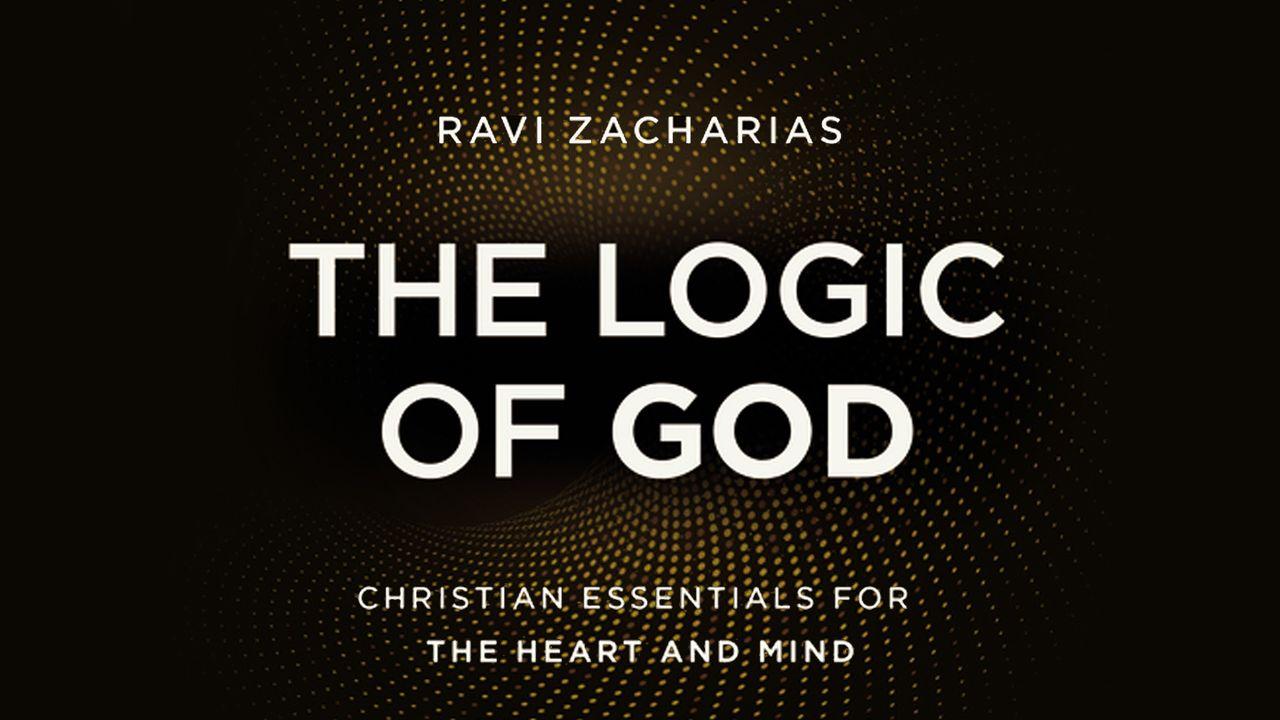5 Days Of Exploring Doubt With The Logic Of God预览

Is It Worth It?
Despite all denials of truth as a category, people still hunger for it. The real question that haunts us is not whether truth exists, but whether it is worth it, and then the toughest question of all: Where can I find it?
On August 6, 1961, a twenty-six-year-old Soviet cosmonaut named Gherman Titov became the second Soviet to orbit the earth and return safely. Sometime later he recounted his experience while speaking at the Century 21 Exposition in Seattle. Titov declared that on his excursion into space, he looked for God but didn’t find Him. The Soviet’s entire political and economic theory being based on an atheistic framework made his affirmation a justification for their foundational belief.
Someone humorously quipped, “Had he stepped out of his spacecraft, he certainly would have.” Titov, of course, had moved beyond the discipline of technological gain to draw theological blood. A man who never in a million years would have believed that his spaceship was an accidental collection of atoms somehow believed that the universe itself was such an accident. One great step for science became an immensely greater leap in philosophy.
Years later on Christmas Day, 1968, three American astronauts were the first human beings to go around the “dark” side of the moon. Captured by the awe of the universe, the astronauts echoed the only words that seemed fitting. Those words were from the first line of the Bible: “In the beginning God created the heaven and the earth ...” (KJV).
Two similar experiences of awe and splendor yielded two diametrically opposed conclusions. These two incidents carried off into space the most debated question on earth: Does God exist?
The answer to that question has a greater bearing on your life than anything else does. Personal and national destinies are inextricably bound to this issue. Our entire human frame of moral reference is determined by whether or not God exists. Our purpose in life is determined by that, whether we are here by design or by no agency whatsoever and just by chance. Who we are and why we exist logically flows from the question of God’s existence.
In the 1950s, Encyclopedia Britannica, Inc. published a multiple-volume set titled The Great Books of the Western World. It is a treasure-house of great Western thinkers from Socrates to Aquinas to Pascal. A storehouse of information. One of the main editors was a man by the name of Mortimer Adler. In an interview years ago, Professor Adler was asked why, of all the themes covered in The Great Books, was the longest essay on God?
Adler replied without any hesitation that it was because more consequences for our lives follow from that one issue than any other issue.
It is the most logical answer to have been given. One’s belief in values of any kind follows from one’s belief or disbelief in God.
It was Mahatma Gandhi who said, “God is truth.” If he meant by that statement that truth as an idea is God, then I would take issue with it. But if he meant that everything that the notion of truth represents is in the very person of God, then I would grant that premise. In other words, truth matters because God matters. God matters comprehensively, and therefore truth matters.
The question, therefore, is not whether the pursuit of truth is worth it or not, for it is the only thing that is ultimately worthwhile, so valuable that it has often been blockaded by a bodyguard of lies.
But we might ask, “What’s wrong with a lie?”
I might safely add one word: “Everything.”
For one, we would think it is morally wrong, would we not? We would not excuse it by saying, “Oh well, people have different views.” Does it matter that morality has to be rightly understood, unless this is a moral universe? And how can this be a moral universe unless it is created by God? Personhood has no intrinsic worth apart from the person of God being the First Cause. The intelligibility in this universe and the immense capacity of the moral law point us to a transcendent order set in place by God.
What is more, we don’t have to go into outer space to find Him. He comes to us in our inner space, the inner space of our lives. Jesus said, “The one who comes to Me I will by no means cast out” (John 6:37 NKJV).
The truth we seek is revealed in the person of Jesus Christ, and His answers conform to reality rightly understood. In knowing Him, you find truth and life. When that inner space is conquered, outer space confirms what God has revealed in His Word and in nature. That is why the pursuit of truth is worth it— because it seeks to know the mind of God.
读经计划介绍

We all have doubts that challenge our faith. We wonder whether the Bible still matters, or whether God is truly as loving and personal as we hope. In The Logic of God, apologist Ravi Zacharias explains how and why Christianity, the Bible, and God are still relevant, vital, and life-changing for us today.
More





